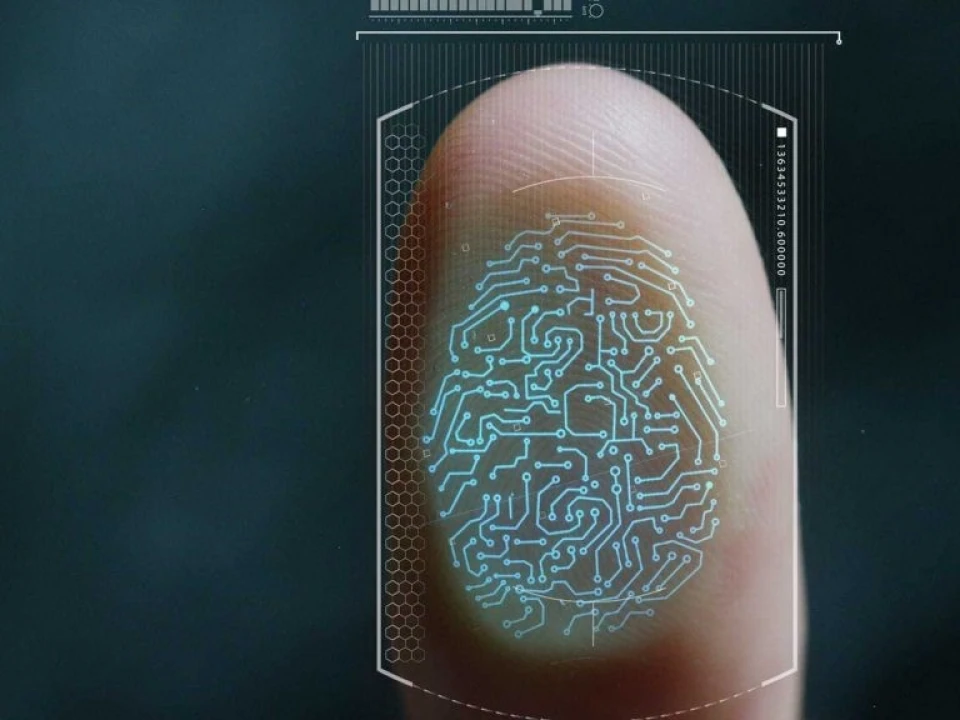Starting in January 2025, Italy is implementing significant changes to its visa and citizenship processes, impacting both long-term visa applicants and those seeking Italian citizenship by descent. These updates reflect Italy’s effort to enhance security and streamline administrative procedures, addressing increasing demand and rising costs.
Beginning on January 11, 2025, Italy will require biometric data, including fingerprints, from all individuals applying for long-term visas. This change is part of a broader European Union initiative aimed at improving security and strengthening border control across EU member states.
Previously, fingerprint collection was mandatory only for short-term Schengen visa applications, but now it will extend to long-term national visas for purposes such as employment, family reunification, study, or other extended stays.
Applicants for long-term visas will need to visit Italian consulates or visa application centers worldwide to submit their fingerprints as part of the application process. The collected data will be stored in the Schengen Visa Information System (VIS), which is used to track individuals entering and exiting the Schengen Area. This system is designed to improve the identification process, prevent identity fraud, and ensure better monitoring of migration patterns.
The biometric update is part of an ongoing EU effort to enhance the security of the external borders. The goal is to make border control more efficient and secure while maintaining the flow of legitimate travelers. While long-term visa applicants will now be required to provide their fingerprints, short-term travelers (those applying for a visa for stays of up to 90 days) will still follow the previous procedures. This means that individuals applying for short-term Schengen visas will continue to submit biometric data but without the new extended processing requirements.
It is essential for those applying for long-term visas to be aware of this new rule, as failing to comply with the fingerprinting requirement could lead to delays or rejection of their visa applications. The mandatory biometric data collection aims to enhance the integrity of the visa process and support the EU’s broader security objectives.
Simultaneously, Italy has increased the consular fee for applications for citizenship by descent (known as "jure sanguinis"). Starting on January 1, 2025, the fee has doubled, rising from €200 to €300. This increase comes as a response to the growing number of applications for Italian citizenship through ancestral lineage. As Italians around the world seek to reclaim their citizenship, especially those living in countries with large Italian diaspora communities such as the United States, Argentina, Brazil, and Australia, the processing costs have risen accordingly.
Italian citizenship by descent allows individuals with Italian ancestry to apply for citizenship if they can trace their lineage back to an Italian citizen. This form of citizenship is particularly popular among those seeking the right to live, work, and study in Italy and the European Union. However, the surge in demand for citizenship applications has led to longer processing times and higher administrative costs, prompting the government to raise the consular fee to ensure that consulates can continue to handle applications effectively.
The fee increase has been met with mixed reactions. Some applicants understand the need for the fee hike, recognizing the strain that the growing number of applications has placed on consular services. However, others are concerned that the higher cost could deter potential applicants, particularly those from lower-income backgrounds. Advocacy groups have called for more efficient processing methods to help mitigate the financial impact on applicants.
In addition to the €300 application fee, applicants may still be required to submit various supporting documents, including birth and marriage certificates, as well as proof of their Italian ancestor’s citizenship. Despite the fee increase, Italian citizenship by descent remains an attractive option for many, offering the possibility of European Union citizenship and the associated rights and benefits.
The new fingerprinting requirement for long-term visas and the increased consular fee for citizenship by descent applications are part of Italy's broader efforts to improve security, streamline its visa and citizenship processes, and address the challenges posed by rising demand. While these changes may present challenges for some applicants, they are seen as necessary steps to modernize Italy's immigration and consular systems in an increasingly globalized world. Those applying for long-term visas or Italian citizenship by descent should be aware of these updates to ensure they comply with the new regulations and avoid unnecessary delays.



